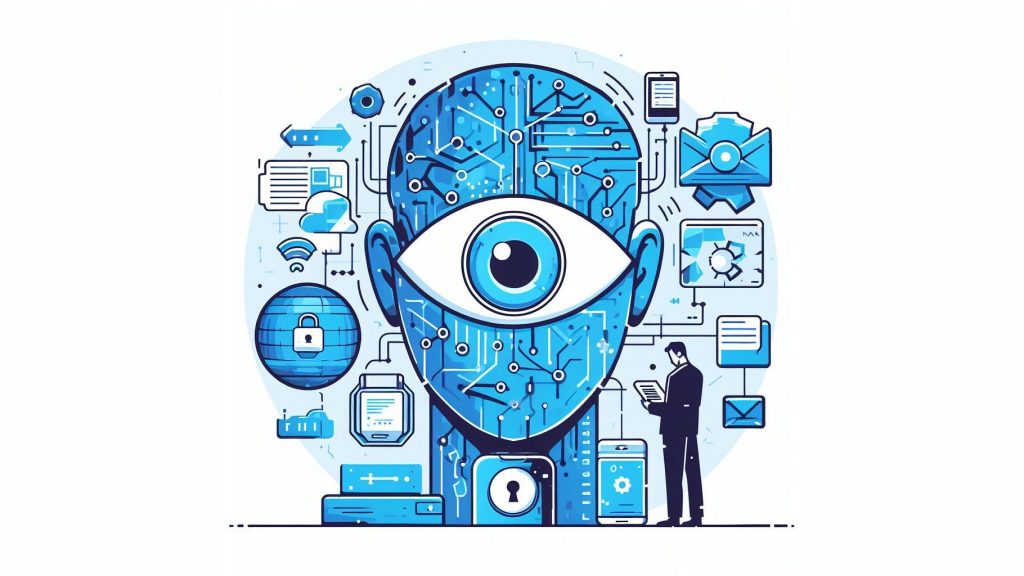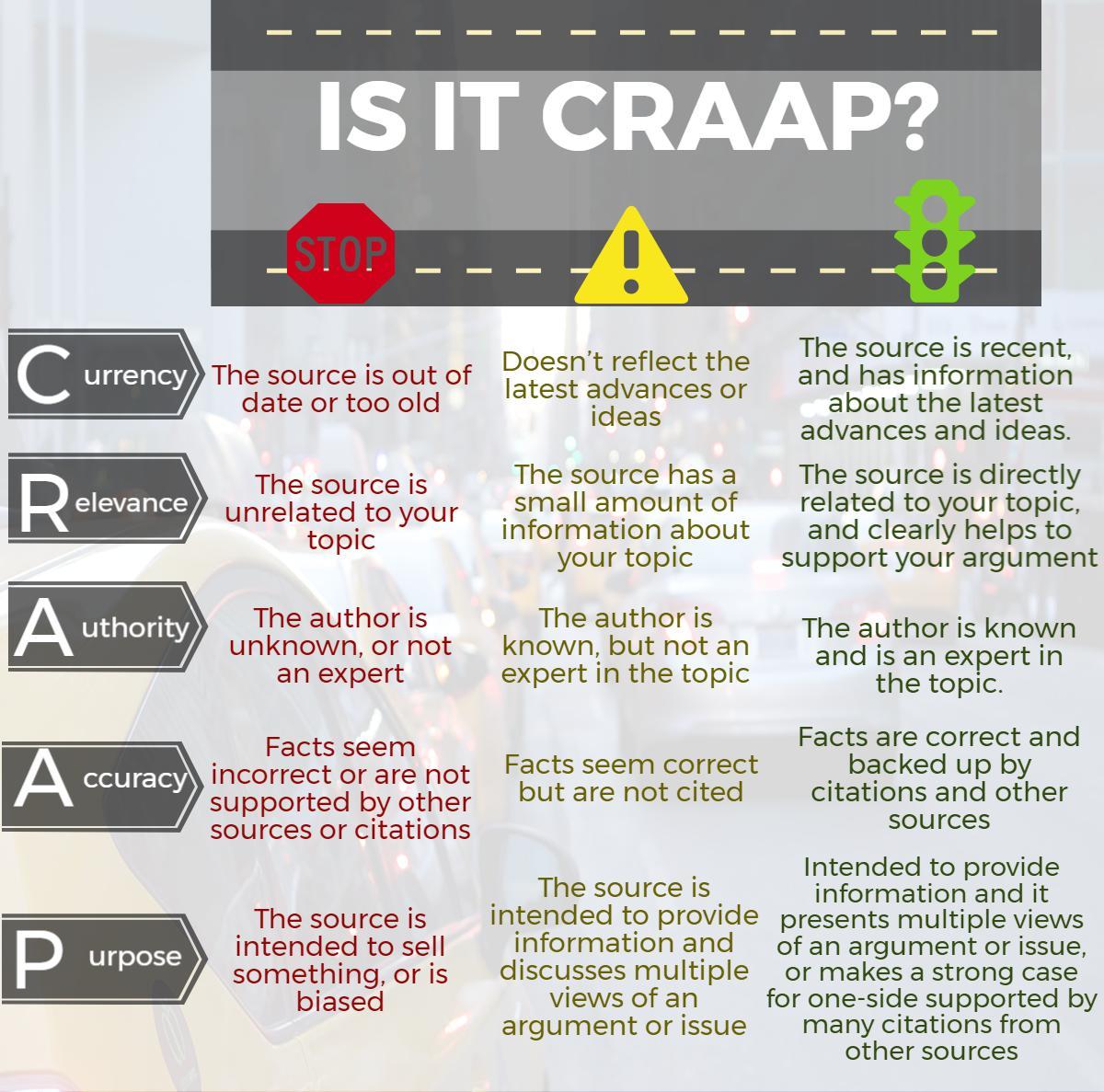This week I’ve used my critical digital literacy skills whilst searching
for information about AI and privacy concerns. I’ve been looking at how AI technologies collect, store, and potentially misuse personal data, impacting privacy. This basically involves the various ways AI systems handle data, the risks associated with these processes, and their broader implications on individuals’ privacy rights.

pic link: Generative AI: A Technical Deep Dive into Security and Privacy Concerns
What Are AI and Privacy Concerns
The systems that rely on AI are programmed to perform particular tasks normally associated with human capabilities. Privacy concerns arise as a result of collecting personal data by an AI system without consent leading to possible unauthorized access, stealing information, lack of clarity in what the systems do, and insufficient laws for protection against violations of privacy rights. Integrating these technologies into our daily experiences has worsened these problems even further.https://iapp.org/news/a/shaping-the-future-a-dynamic-taxonomy-for-ai-privacy-risks#

The rapid expansion of AI technology has raised privacy issues, such, as data usage, unclear legal frameworks, and insufficient regulations. Users may unknowingly expose information to AI systems during data training processes. Biometric technologies like recognition remain unregulated leading to privacy breaches. Interaction data is often utilized for advertising without consent and cybersecurity measures in AI systems are lacking. Some AI providers retain user data for periods without justification. High-profile security incidents underscore the importance of security measures prompting some companies to prioritize privacy in their solutions from the start. Implementing data security practices enacting regulations and educating stakeholders are key strategies, for addressing these challenges effectively. Written by Shelby Hiter, June 20th, 2024 https://www.eweek.com/artificial-intelligence/ai-privacy-issues/
Significance of the issue
The importance of this dilemma is that it has the possibility of jeopardizing an individual’s privacy and independence. When personal information is taken advantage of, people might become victims of identity theft, lose money, or even feel unsafe dealing with e-businesses. In addition, since AI technologies are ubiquitous in our society, such threats to confidentiality may impact vast amounts of citizens forming common worries.

Who is affected by the issue?
AI-related privacy issues can have an effect on every person using digital platforms. This includes social media users, online shoppers, mobile app users, as well as people interacting with smart home devices.
 |
| Privacy Concerns ' by Mark Knight | 2020 | Behind the Lines |
What is the cause?
These privacy issues are primarily due to the rapid development and deployment of AI technologies without corresponding advancements in data protection measures. Most companies prefer to prioritize innovation and market leadership as opposed to looking out for their users’ confidentiality, which leads them to adopt careless approaches in data handling.
 |
| Online shopping? You can be the victim of consumer data privacy issues |
How to prevent people from having AI & privacy concerns
Some measures can be implemented to safeguard individuals, against privacy concerns associated with intelligence. Governments should establish regulations governing the gathering, storage, and utilization of data by AI systems akin to the GDPR framework in Europe. AI firms need to ensure transparency in their data handling practices keeping users informed about data collection and usage. Obtaining consent from users and offering understandable options for opting in or out is crucial. Safeguarding information involves minimizing data collection anonymizing data and utilizing encryption methods. It is vital to incorporate privacy, design principles, and robust security protocols into AI development processes. Educating users on privacy risks and enforcing accountability through audits can enhance data protection measures.
Critical evaluation method --> CRAAP
 |
| CRAAP - Evaluating Sources - Library at Central Wyoming College |
Comments
Post a Comment